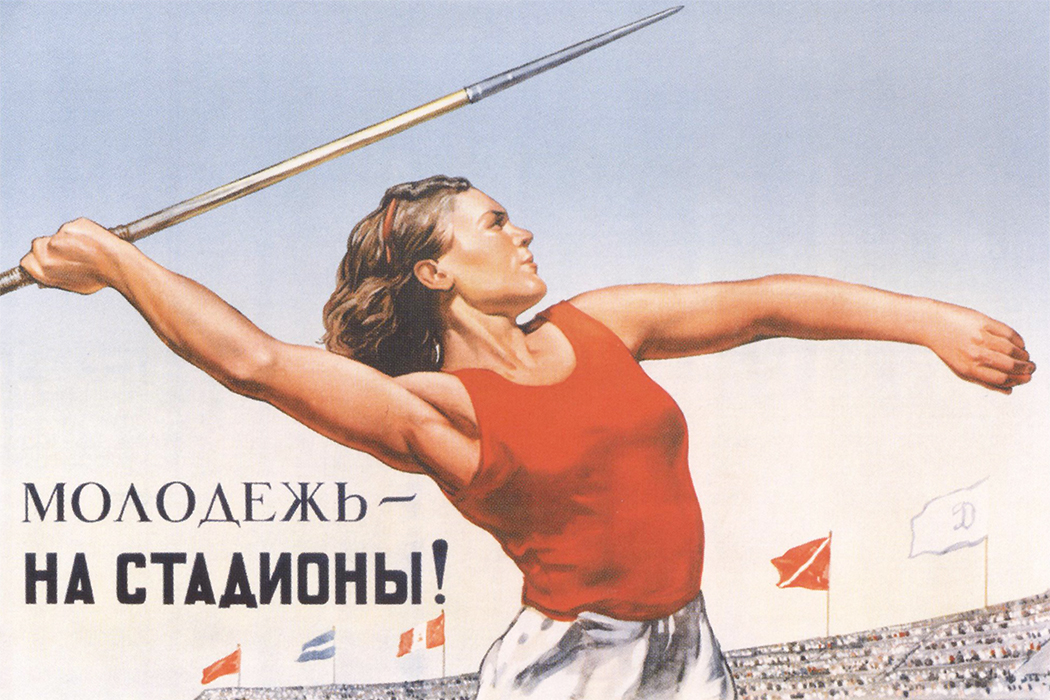Special Issue Editors
- Alex Gang, Washington State University, alex.gang@wsu.edu
- Jin Park, Illinois State University, jpark50@ilstu.edu

The central question this special issue seeks to address is:
“Does sport build better citizens?”
Since Alexis de Tocqueville’s seminal insight that voluntary associations cultivate citizens’ democratic capacities, such associations have often been regarded as “schools of democracy” (Baggetta, 2009). Sport organizations, as one of the largest and most visible sectors of civil society, appear especially well positioned to fulfill this role. They convene individuals across lines of social differences (e.g., Putnam, 2000), foster generalized trust (e.g., Brown et al., 2014), create opportunities for collective action (Gang et al., 2023a), and provide organizational contexts in which civic skills can be developed, practiced, and diffused (e.g., Baggetta & Bello-Gomez, 2023). In addition, scholars have emphasized sport’s capacity to generate and disseminate prosocial values, including commitments to anti-sexism, anti-racism, and opposition to homophobia, thereby positioning sport as a vibrant public sphere where inclusive values are codified within sport culture and actively promoted (e.g., Guschwan, 2014; Numerato, 2015).
Yet despite this longstanding scholarly attention, empirical findings on the democratic effects of sport associations remain mixed (Gang et al., 2023b). Part of this inconsistency lies in the difficulty of capturing the diversity of organizational forms that fall under the broad umbrella of sport organization, from informal community clubs and school teams to competitive club sport and professional leagues. These organizations vary not only in purpose but also in the associational practices they cultivate. Sport is not simply a site for physical activity; it is also a setting where people engage in networking, leadership, representation, discussion, and collective decision-making that generate both relational ties and civic skills. Such practices may foster civic capacities and democratic dispositions, but they may equally reproduce exclusion, hierarchy, and unequal power relations.
The relationship between sport and civic life is further complicated by the broader societal conditions in which sport operates. Contemporary civic life is entangled with socioeconomic, cultural, and political forces. Thus, the civic potential of sport is shaped by volatile political climates, the accelerating pace of commercialization and commodification of sport opportunities, and enduring structures of inequality. Sport does not stand apart from these dynamics; it is deeply embedded within them. Increasingly, sport functions as a visible front in ongoing culture wars, where the articulation of prosocial values, such as anti-racism, gender equity, or LGBTQ+ inclusion, does not in itself generate polarization, but becomes polarized within political contexts in which legitimacy is judged through partisan and ideological lenses. At the same time, intensifying capitalist and neoliberal logics demarcate inclusion and exclusion in the imagination and practice of civic possibilities through sport. Colonial legacies continue to reproduce symbolic exclusions: women’s sport has historically been trivialized, Indigenous games sidelined, athletes and federations from the Global South devalued, and the civic voices of racialized and LGBTQ+ athletes delegitimized. In these ways, global sport remains a contested terrain where citizenship and belonging are unevenly recognized.
Recognizing these complexities compels us to move beyond simply illustrating the prosocial qualities of sport organizations that are assumed to build better citizens. Instead, we must ask what kinds of citizens sport produces, under what conditions, and with what consequences. Addressing these questions requires closer attention to the associational mechanisms of sport organizations—how networking, leadership, representation, discussion, and collective decision-making actually unfold within different organizational contexts. It also requires a willingness to confront the ways these practices both enable and constrain civic engagement. Such work demands conceptual clarity as well as methodological innovation, moving beyond the prevailing reliance on large-N quantitative approaches (Baggetta & Bredenkamp, 2019; Firat & Glanville, 2019) to embrace qualitative, comparative, and critical analyses capable of capturing the lived dynamics of civic engagement in and through sport. Ultimately, examining sport’s civic role is inseparable from examining its democratic role: whose democracy is being fostered, for whom, and at what cost?
Topics of interest may include, but are not limited to:
- Socialization and self-selection effects in sport
- Sport and the production of social, cultural, and human capital
- Community building and civic trust through sport
- Citizenship formation and civic identity in and through sport
- Civic skill development through sport (e.g., networking, leadership, representation, discussion, collective decision-making)
- Sport and virtual (online) civic engagement
- Sport organizations, governance, and policy and their impact on civic engagement
- Sport, democracy, and political polarization
- Sport and diversity, equity, and inclusion (DEI)
- Leadership in sport and its impact on civic and democratic skill development
- Commercialization, commodification, and neoliberal logic of sport and their civic implications
- Colonial legacies, symbolic exclusion, and global inequalities in sport
- Sport activism, protest, and the politics of recognition (e.g., anti-racism, gender equity, LGBTQ+ rights)
- Comparative and cross-cultural studies of sport and civic engagement
- Methodological innovations for studying sport and civic life
This special issue welcomes submissions from diverse theoretical perspectives and methodological approaches, including qualitative, quantitative, historical, and critical studies. We particularly encourage interdisciplinary work and contributions from scholars across fields such as sport management, sociology, political science, education, communication, and cultural studies. Our overarching aim is to sharpen the conceptual and empirical understanding of sport and civic engagement, while positioning the field for more critical and expansive scholarship in the future.
Submission Instructions
- Word limit: 8,000 words
- Fomat: Follow the journal’s formatting and referencing guidelines
- Submission deadline: September 30, 2026
- Expected publication date: To be determined
- Abstracts: The submission of an abstract is not required. However, we are happy to review abstracts. Please email any abstracts to Dr. Alex Gang (alex.gang@wsu.edu) and Dr. Jin Park (jpark50@ilstu.edu) with the subject ‘Special Issue Abstract’
- Please select the special issue on paper submission
- Please note that an invitation to submit a full paper to the special issue does not guarantee acceptance/publication in the special issue or the Sport in Society






